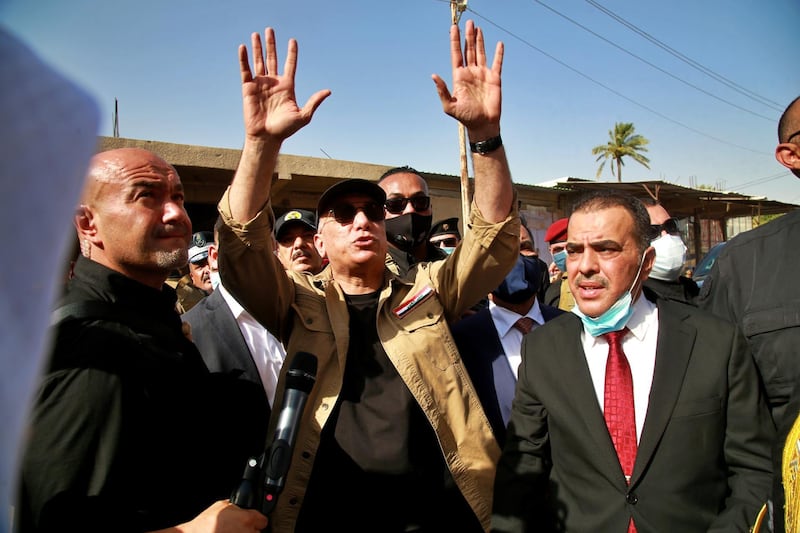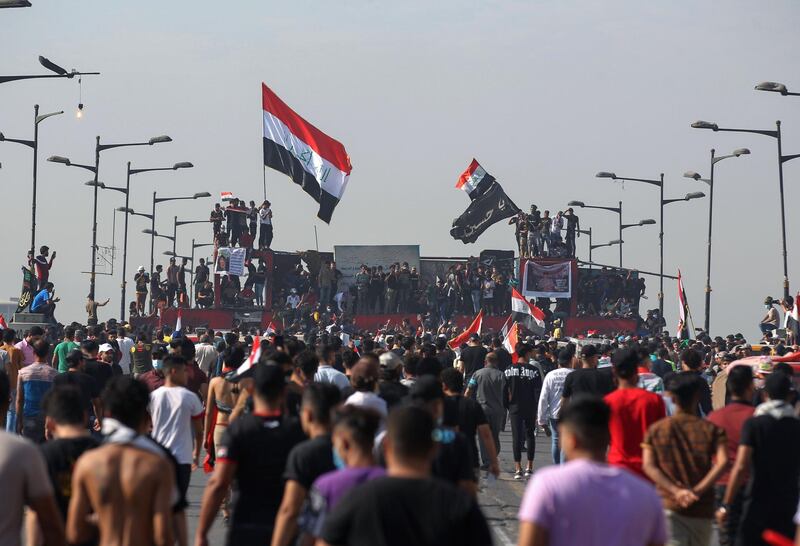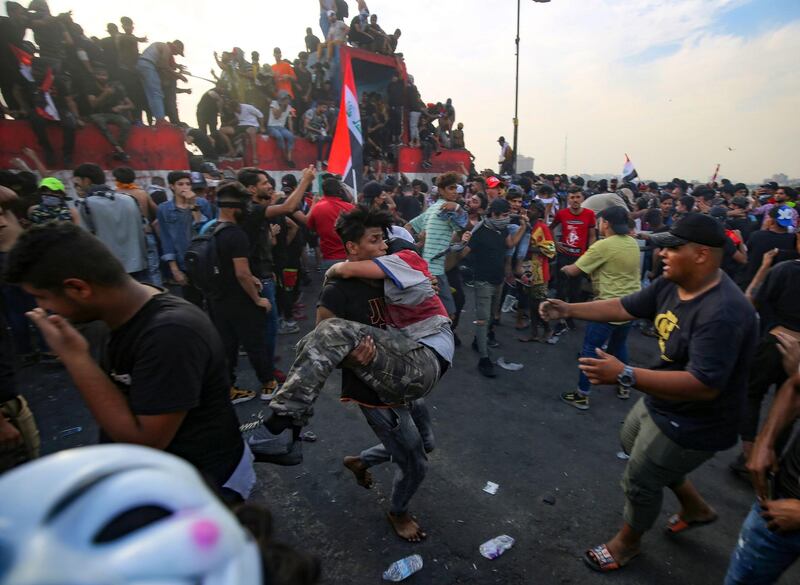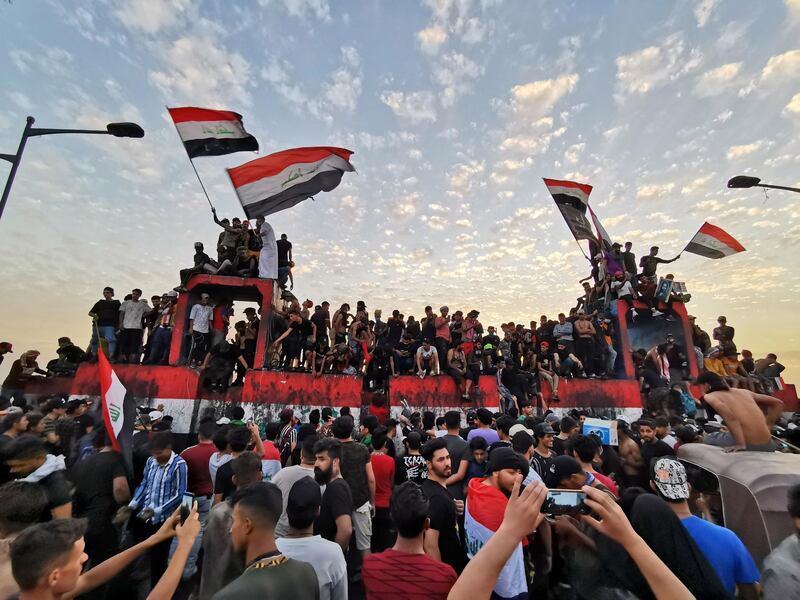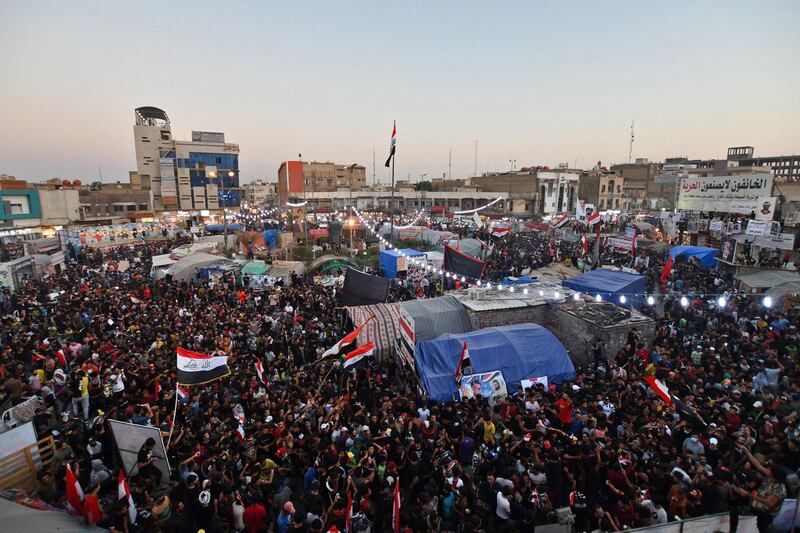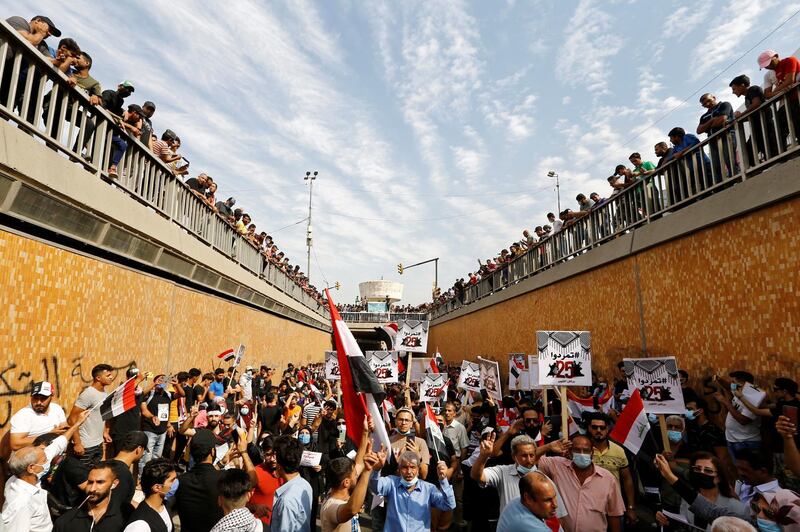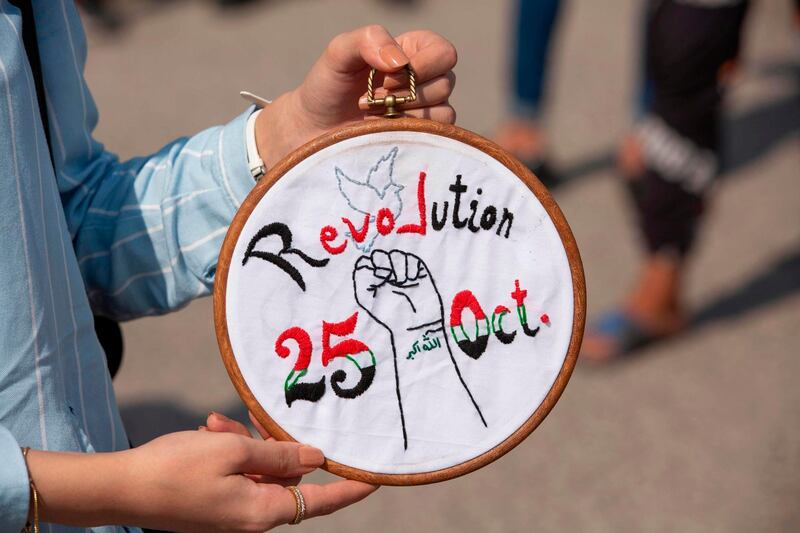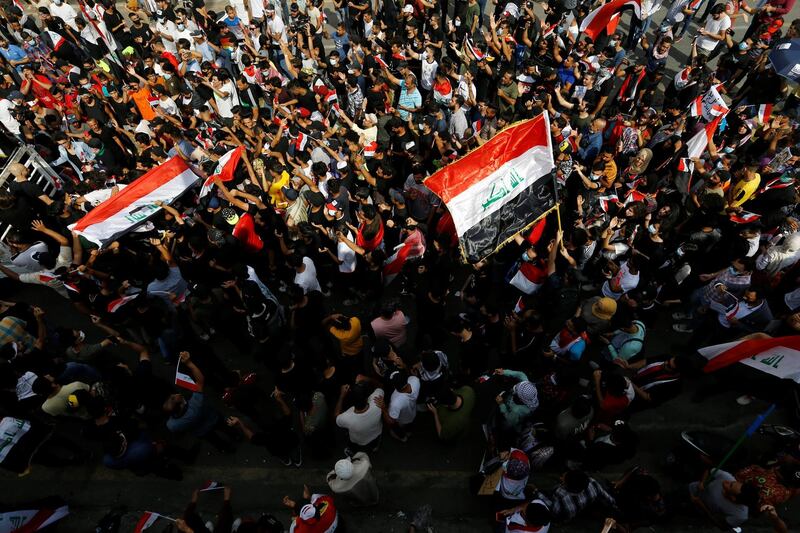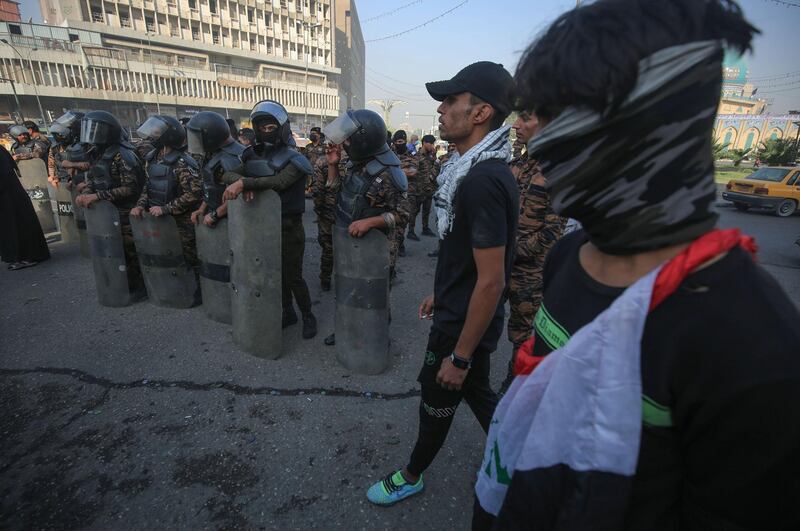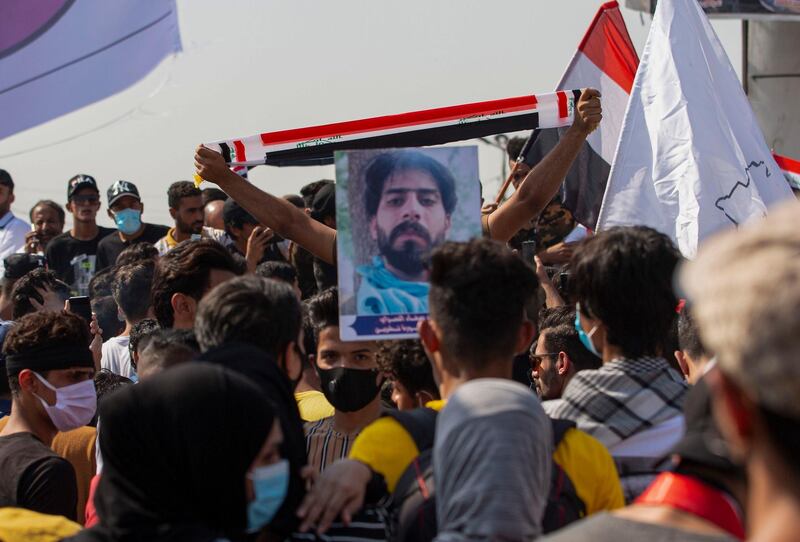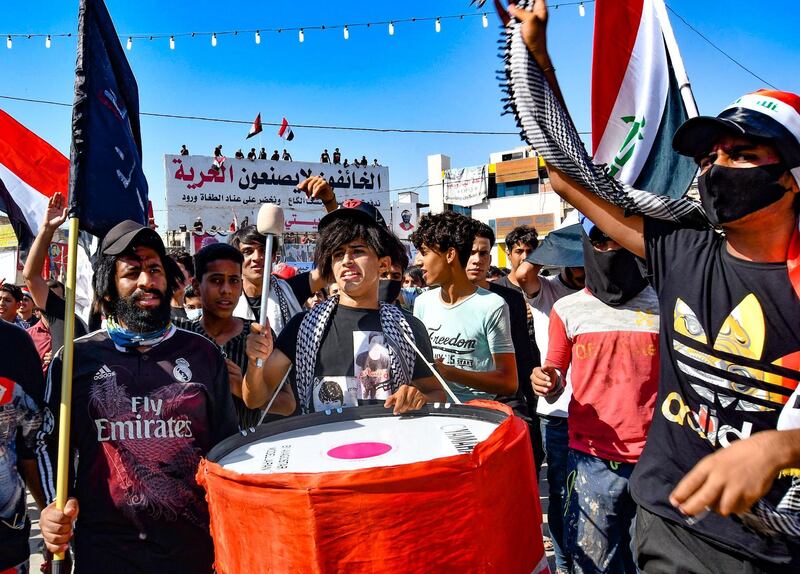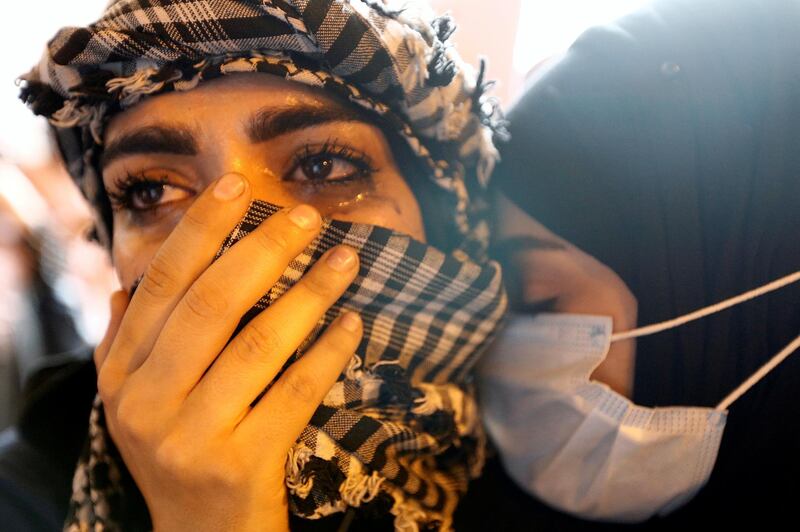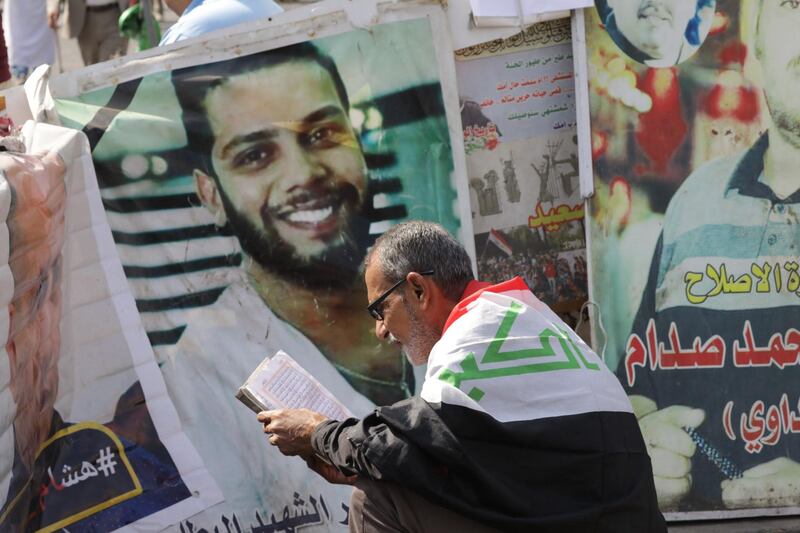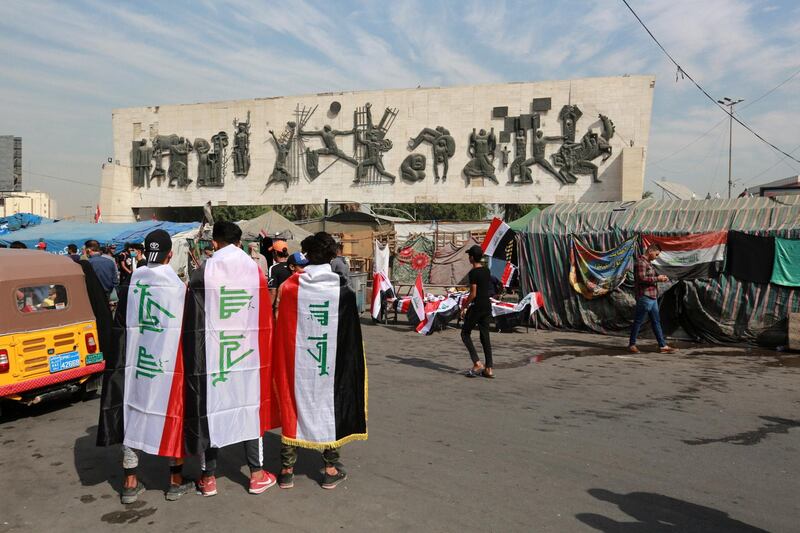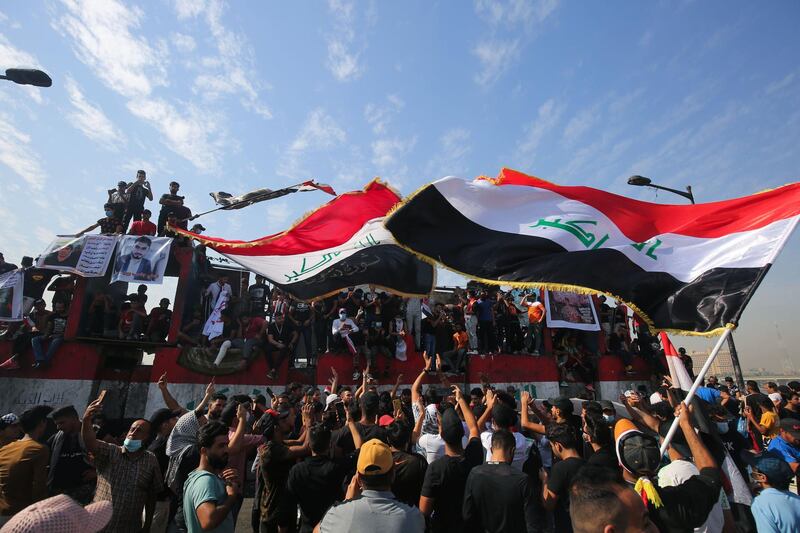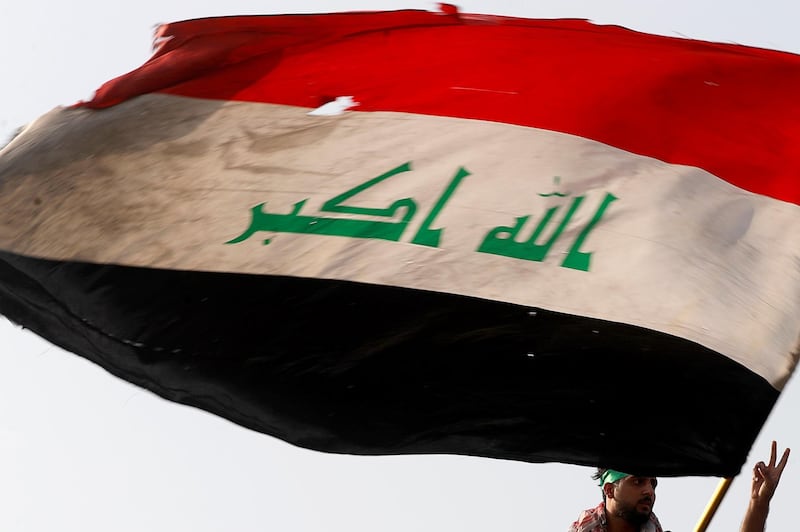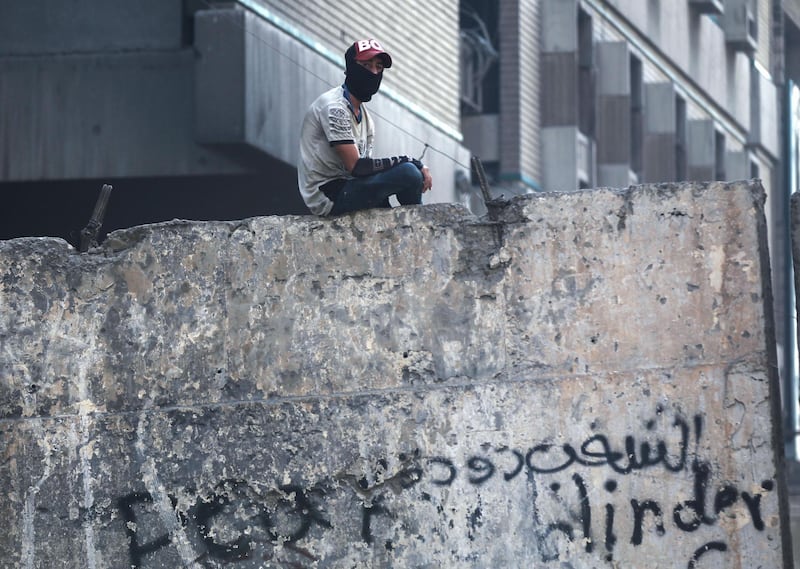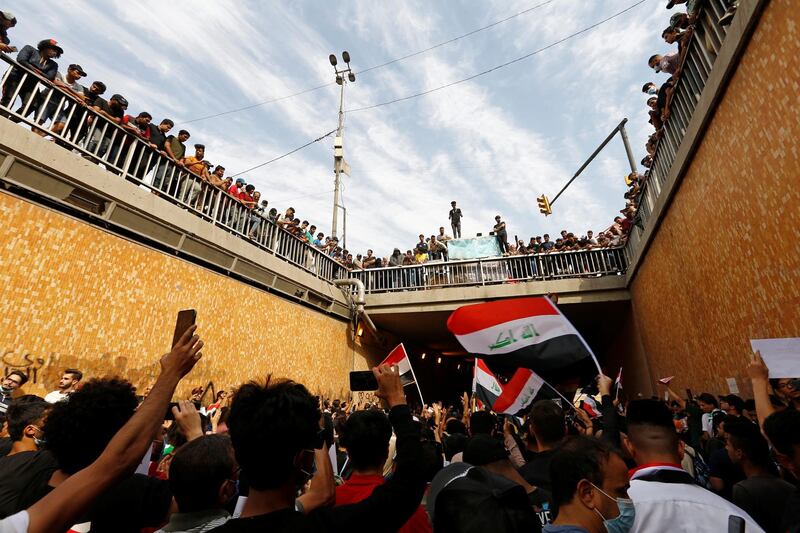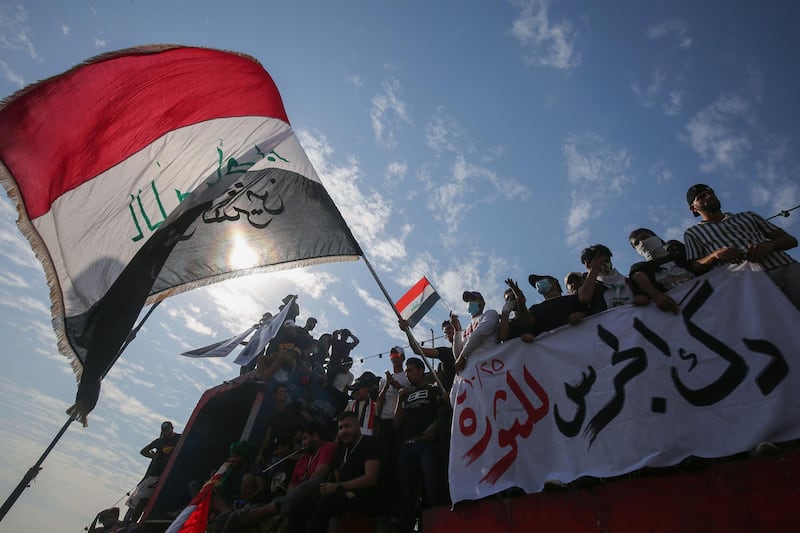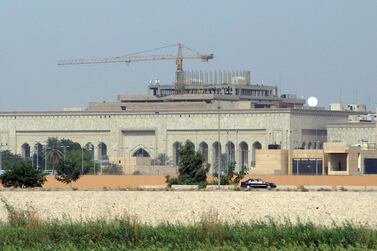The government in Baghdad may need to delay proposed early elections for several months despite demands of a more than year-long pro-reform protest movement, internal documents from the country’s electoral commission said.
A few weeks after taking office in May, Prime Minister Mustafa Al Kadhimi proposed holding an early poll on June 6 – a year earlier than scheduled.
But, since then, political parties and parliament have not approved that date even as a new electoral law has been agreed to govern the election.
In a document leaked to local media late on Sunday, the country’s Independent Electoral Commission has suggested the new date of October 16 “in order to hold fair, transparent and comprehensive elections.”
It cites technical issues that prevent holding the elections in June.
It said it needs to extend the deadline for registering candidates and political coalitions, to give the UN experts and international monitors ample time to organise oversight and to update the voter data.
Another challenge to holding early elections is a delay passing a bill to fill the seats on the Federal Court, which must ratify the results, due to political differences.
An official with the Independent Electoral Commission confirmed the authenticity of the document to The National.
The government spokesman was not available to comment.
Baghdad has been reeling from unprecedented social unrest since October 2019 when angry Iraqis took to the streets to denounce endemic corruption, soaring unemployment and deteriorating public services.
Among their demands were the removal of the ruling political elite, which has been in place since the 2003 US-led invasion that toppled Saddam Hussein and to hold early elections based on a new electoral law that gives independent and civil society candidates more chance against established parties.
The months-long protests, in which hundreds of protesters were killed and thousands wounded, forced the previous government to resign and the parliament to pass a new electoral law that gives independent candidates the chance to win seats inside the legislative body.
But for the activists still demanding change, any move to delay the vote has nothing to do with technical issues.
“It is obvious that the [electoral] commission is influenced by the political atmosphere in the country since 2003 and that it takes into consideration the will of the big political parties,” activist Hashim Al Jabouri said.
“These big political parties and the government want more time to rearrange themselves in light of the new election law.”
However, Mr Al Jabouri said he sees the suggested date for early elections as a “trap” to placate the protesters and end the rallies.
But the delay appeared to get the support of the main political blocs in parliament.
MP Sabah Al Okaili of the Sairoon Bloc, which is backed by the populist Shiite cleric Moqtada Al Sadr, says they don’t object to delaying elections but said the hold-up must be short.
“Sairoon will not pressure the [electoral] commission in order to let the process [progress] in the right direction,” Mr Al Okaili said.
“But the delay must not be for more than three months, otherwise we reject any date,” he said.
In past elections, Iraq has been one constituency and all parties take seats dependent on their share of the national vote. Activists say this prevents independents or local parties getting a chance against the well-funded national campaigns of major blocs.
Under the new law, Iraq will be divided into constituencies and political parties will not be able to run unified lists allowing them to sweep parliamentary seats.
It maintains the female quota, amounting to at least one-quarter of parliament’s seats, as well as the quota to ensure representation for religious minorities, including Christians and Yazidis.
The move will, MPs say, give more chance to smaller parties and independents.
